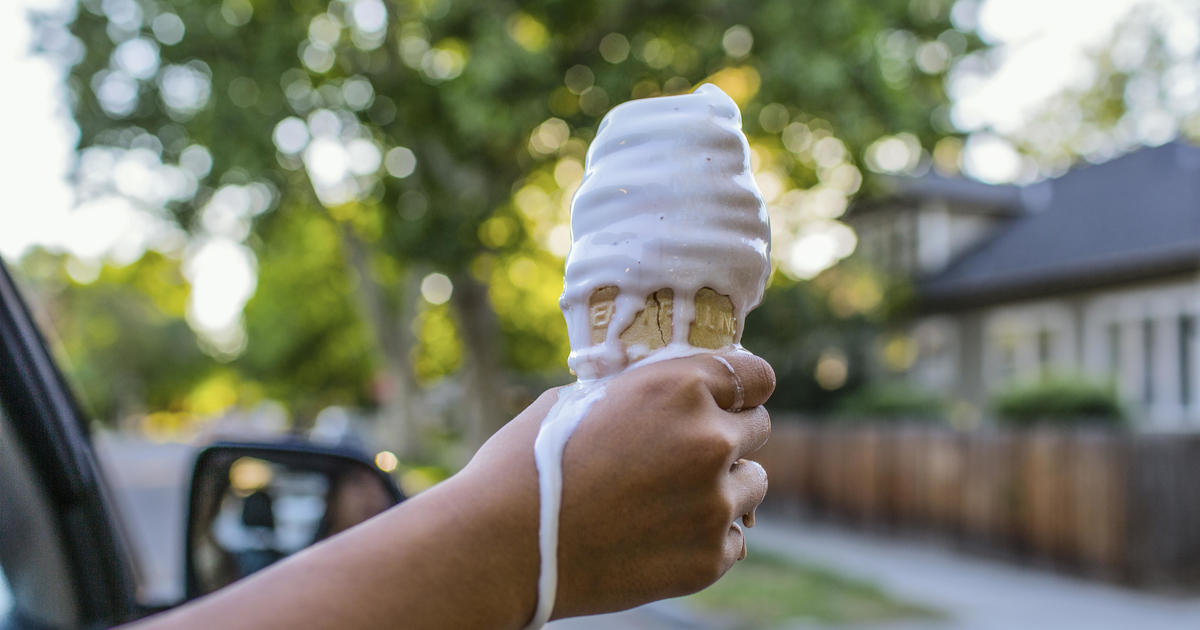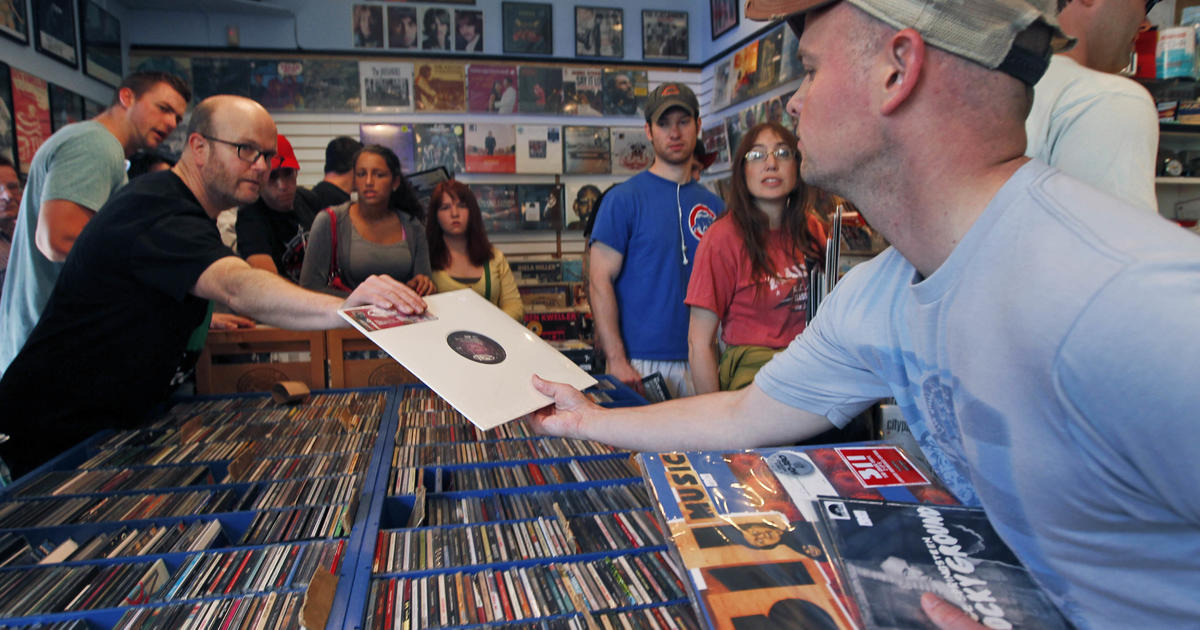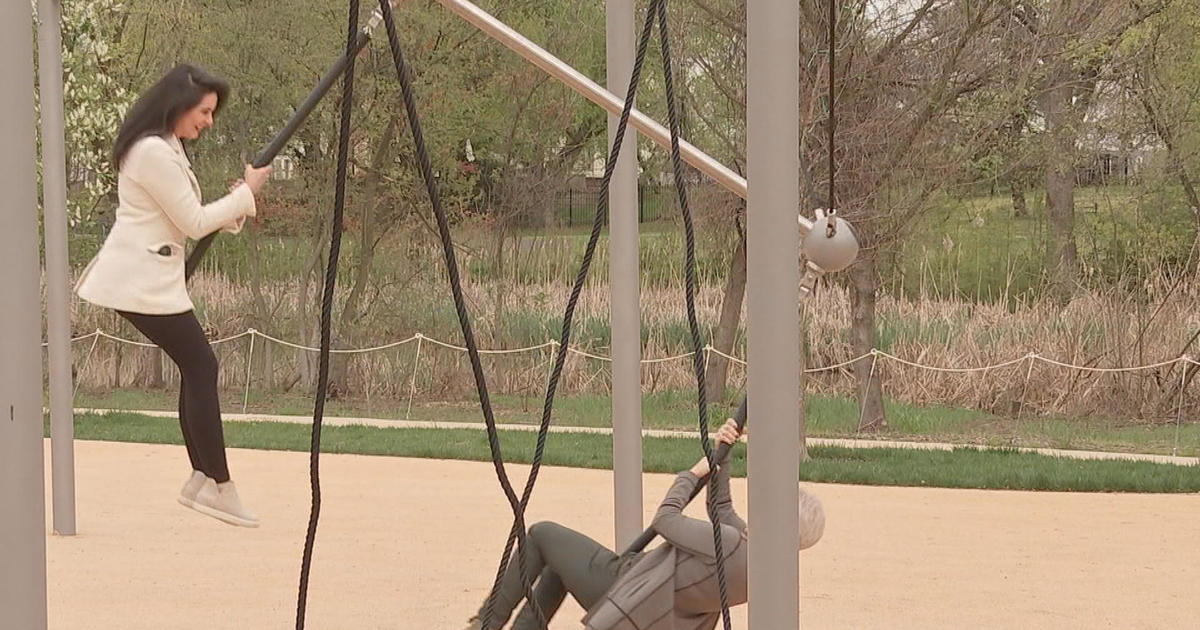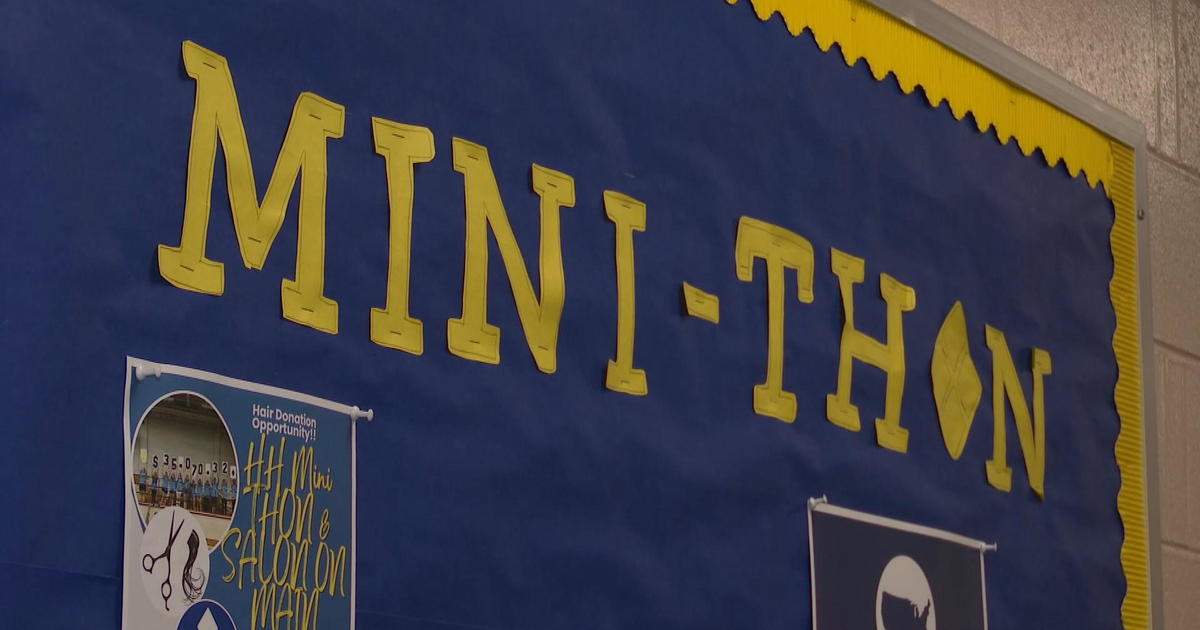Learning The Signs Of A Stroke
PHILADELPHIA (CBS) -- Every 40 seconds someone in the United States has a stroke.
Almost 800,000 people in this country have a stroke each year and surviving one depends on quick action.
May is National Stroke Awareness Month and the American Heart Association is working to raise awareness and save lives.
But many people don't know all the warning signs to look for when a stroke is happening.
Health reporter Stephanie Stahl spoke to a stroke patient from Bucks County who says she is lucky to be alive.
Handwashing can be tricky for 31-year-old Christie Fleming because she can't feel cold or hot temperatures.
And the whole left side of her body is weak and so is her memory.
The symptoms are a result of the stroke she had last year.
"You think stroke, heart attack, it's an elderly person, you don't think 30-year-old," says Fleming.
The Warminster office manager says her stroke happened out of nowhere.
First her arm went numb then her whole body went numb.
"It was terrifying," she said. "Life was flashing before me, I had no clue what was happening."
Fortunately Fleming received quick treatment with a clot busting drug.
Dr. Guillermo Linares at Temple Hospital says 80 percent of strokes are caused by a blood clot in the brain.
And while strokes usually happen to older people and those with risk factors like heart disease, he says no one is immune.
"Stroke is one of the leading causes of disability and mortality in the country," said Dr. Linares.
Hoping to reverse that, the American Heart Association has launched a campaign called FAST to educate people about strokes.
The 'F' is for face for the weakness or numbness in the face caused by strokes.
The letter 'A' is for arm which can also get weak or numb.
'S' stands for speech which is often affected by a stroke.
And 'T' stands for time which is so vital to getting treatment.
"The opportunity to treat stroke is limited by time, the more quickly we get to a hospital, the better chance we have to survive with as little disability as possible," said Dr. Linares.
Fleming also has trouble tasting food which is another stroke side effect.
But she feels lucky to have survived and says she has learned an important lesson about strokes.
"They can happen to anyone, at any time," Fleming says. "It does not need to be an elderly person."
Doctors say Fleming did exactly the right thing when she started feeling those strange symptoms.
She acted fast and she called 911.
To learn more CLICK HERE.



